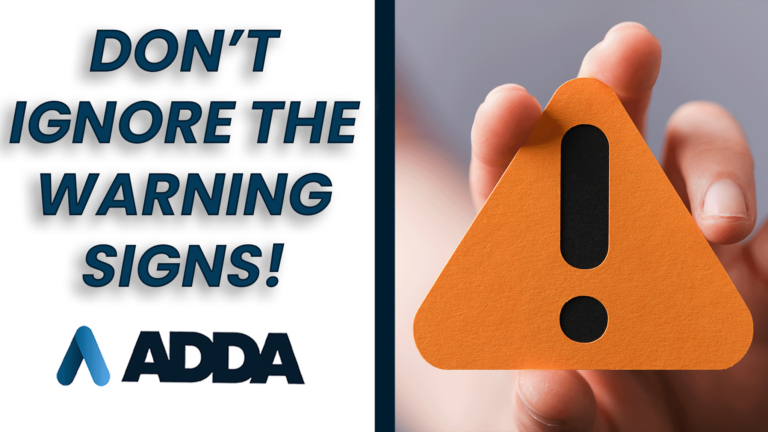Executive coaching gives open-minded leaders an opportunity to improve beyond even their own standards. Once you reach the top, it’s natural to concern yourself with the big-picture needs of your business at the expense of much introspection. That can lead to stagnation on personal and organizational levels. Executive coaches cut through the noise, providing valuable insights to leaders who want them.
Professional coaching comes in many forms, from performance improvement for individual contributors up to executive coaching. Though some hesitancy to bring in an executive coach is understandable, it’d require ignoring some eye-popping results. For example, one study found a 788% ROI from executive coaching services. Furthermore, businesses experienced 70% increases in individual performance, 50% in team performance, and 48% in organizational performance.
Those are some pretty exciting numbers! However, the success of any executive coaching program depends on the coach’s quality and the client’s openness to learning. Therefore, if you’re considering bringing in an executive coach, it’s essential that you know what you’re getting yourself into. In this blog, we’ll examine what you can expect from an executive coaching program.

What is executive coaching?
First, let’s clarify that coaching is not the same thing as mentoring or counseling. Those services play an important role in personal and professional development, but they function differently from executive coaching. According to Harvard Business Review, people seek out coaches for three main reasons:
- Develop high potential or facilitate a transition (48%)
- Act as a sounding board for ideas (26%)
- Address derailing behavior (12%)
Back in the day, an executive coach entering the fold often meant personnel changes were coming at the top. Now, it’s a proactive measure to foster growth and gain honest feedback from someone who’s not beholden to your company’s power structure. When leaders have access to a trusted voice like that, it can also lead to greater self-awareness.
With the right coach on hand, your leaders improve critical leadership skills that trickle down throughout your organization. In addition, a good coach considers each client’s specific needs, strengths, and weaknesses, so they can adequately tailor their program.
How does executive coaching work?
The best executive coach is there to push your leadership team in ways they may not be used to. They’re afforded a level of frankness with executives that employees often shy away from. Although we mentioned that executive coaching programs are tailored based on individual needs, there are some common throughlines to expect out of most of them. Additionally, the process can take anywhere from six to twelve months.
First, they’ll focus on gathering information and sharing feedback with you. At this point in the program, coaches are on a mission to understand you fully. That means, among other things, interviews with you to develop a baseline and interviews with employees to learn how the team perceives you.
While they get to know you, your business, and your needs, they’ll also focus on building trust with a strong rapport. Furthermore, coaches spend this time establishing metrics to track progress during the course of the program.
Once they’ve gathered all of the necessary information and created a level of comfort with the client, they’ll start laying out development opportunities. You’ll collaborate to determine what stands out as a meaningful area for growth, and then you’re off to the races.
During the process, your coach helps you build self-awareness about your behaviors, whether they’re strengths or weaknesses. They’ll also challenge you to think deeper about matters big and small, which helps leaders shake off stagnant approaches in favor of fresh thinking.
Finally, your executive coach will spend the duration of the program providing support and encouragement, as well as additional learning opportunities. Throughout the process, you’ll check in together to review your growth metrics. If any tweaks are needed, you’ll work together to address them. By the end of your executive coaching experience, you should notice evident growth in your focus areas and be able to back that up with data.

What are the benefits of executive coaching?
Beyond even what the statistics mentioned above say, executive coaching makes a big difference for your leaders and your business. For example, coaching helps executives avoid impulsive decision-making. Instead, your coach equips you with the skills and frame of mind to focus on strategy, so you can save time on mopping up mistakes.
They also serve as a source of accountability and unbiased feedback. A good coach keeps their client progressing toward their goals, and they aren’t quick to accept excuses. Expect your coach to challenge you in ways you may not have been in a while. Similarly, they’ll open your eyes to your blind spots. We all have them. However, executives have packed schedules and many responsibilities, so they may not have the time to reflect on those things independently.
Leadership requires many different skills, and they don’t come naturally to everybody. However, when you’re willing to address your weaknesses, you’ll become a better leader, and your business will thrive.
ADDA’s executive coaching experts are here to help!
Executive coaching is a powerful tool for those ready and willing to use it. Not only does it foster positive transformations at the top, but it also leads to healthier organizations as a whole. Quality leadership drives great businesses. If you work with ADDA’s consultants, you’ll grow into an even stronger leader than you are today. Contact us now to discuss your executive coaching goals.









